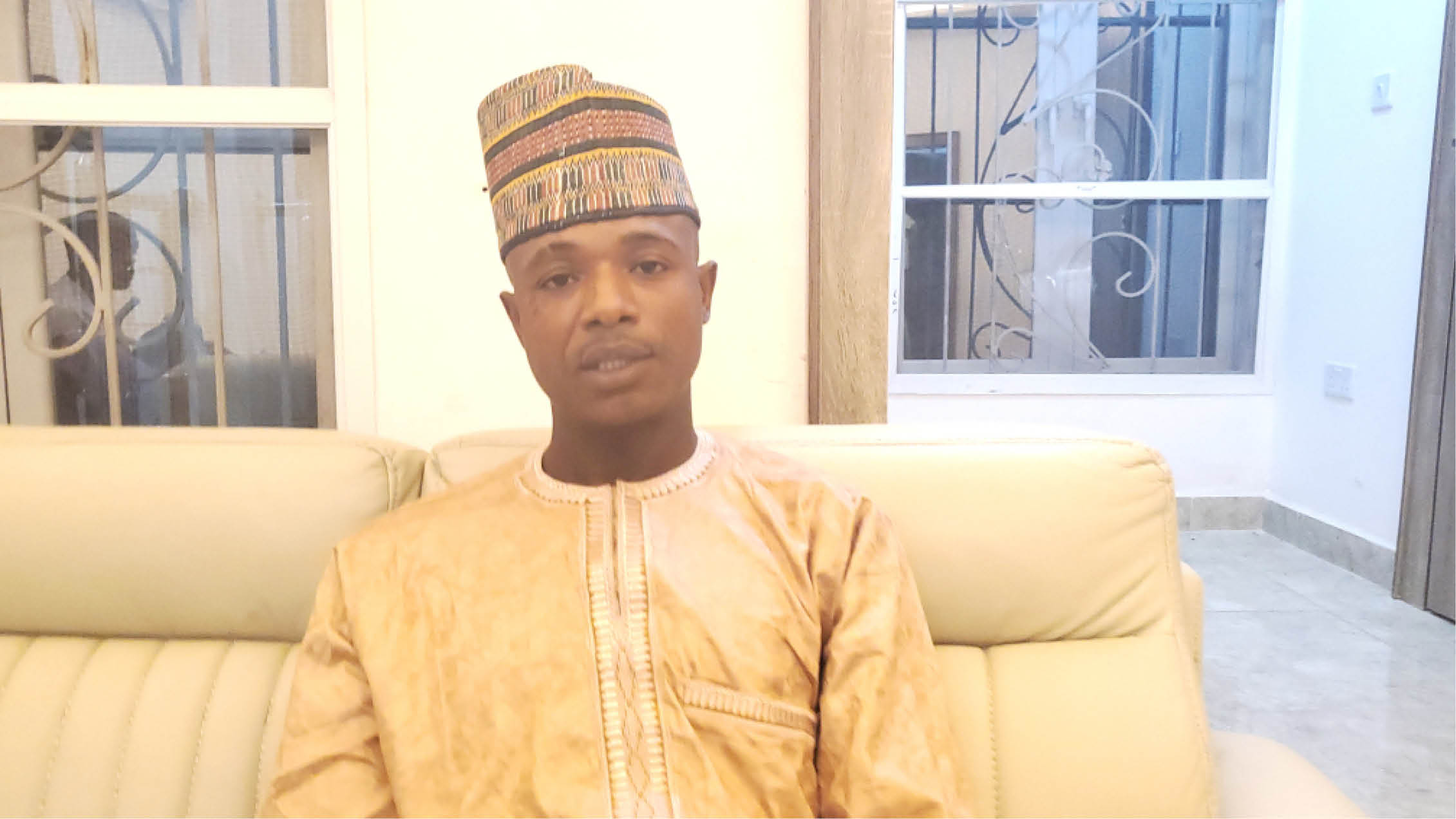Between amnesty and Nigerians
Recently, a repentant bandit Awwal Daudawa, was killed by a rival gang. The story of the killing of Daudawa said to be behind the abduction of over 300 Kankara school children in Katsina State was a case of greed in manifestation of greed. Malami: Prominent Nigerians financing terrorism will be prosecuted NPA debacle: Hadiza Bala-Usman […]

Auwal Daudawa, the little known bandit leader in Zamfara State
Recently, a repentant bandit Awwal Daudawa, was killed by a rival gang.
The story of the killing of Daudawa said to be behind the abduction of over 300 Kankara school children in Katsina State was a case of greed in manifestation of greed.
- Malami: Prominent Nigerians financing terrorism will be prosecuted
NPA debacle: Hadiza Bala-Usman faces panel over N165.3bn ‘unremitted’ funds
There is a whole lot of greed and deception which should serve as a big lesson to our leaders, who are recently giving so much attention to the amnesty programme.
The circumstances around Daudawa’s death has shocked almost everyone; a repentant bandit who was allegedly rewarded with a house from the government after denouncing banditry still went back to his gangsters, only to be killed by a rival group a few days later.
What a jungle justice! I guess the story ended there; after all he was killed! But the questions are: is this where the story was supposed to end? What could be the difference between Awwal Daudawa and other repentant bandits? Did Nigeria learn from the case of Daudawa to henceforth stop affording criminals with unnecessary privileges in the name of amnesty?
These are questions I sleep and wake up with. As true citizens, finding answers to these questions are eminent to better our chances of being safe in the future.
This is a sensitive topic, but the discussions are no longer new; already, they are out there, including among our leaders. Only that the discussion has never been given a robust brainstorming towards taking a final stand.
Amnesty is simply an act of an authority (such as a government) by which pardon is granted to a large group of individuals, usually for a political offense, subject to trial but have not yet been convicted.
Late Alhaji Umaru Musa Yar’adua, former Nigerian president, first introduced the amnesty programme for Niger Delta militants, called the Niger Delta Amnesty Programme. Its replica is the ongoing deradicalization, rehabilitation and reintegration of insurgents by the Federal Government.
For late Yar’adua, I guess the programme had worked for him because he was able to liberate the area from the usual uprisings. But the truth is, it is no longer working in our current dispensation because we have continued to witness oil bunkering in the region.
Criminal have continued to take advantage of that window programme to perpetrate evil. Those who are supposed to be seen behind bars, are among us. And worst still, some are now even being celebrated as special people, with scholarships to study abroad with monthly stipends to keep and take care of their needs. What a country is this! Are we not impliedly encouraging criminality?
I could remember, only last year, a serving senator, who happened to be from the North East region of Nigeria, once strongly fought over this by claiming that repentant Boko Haram members are the same people perpetuating and fueling the crisis.
He cited the case of the terrorists’ attack on Damboa Local Government Area of Borno State, where one of the few brave army commanders, Colonel DC Bako, was killed, as being perpetuated by a repentant Boko Haram member.
I look puzzled after reading a conversation of Awwal Daudawa before his death with one of our contemporaries, whom I respect the most, Abdulaziz Abdulaziz.
He wrote: “I wasn’t really surprised when I was called on Wednesday to be told that Auwalu Daudawa had surreptitiously gone back to the trenches in Dumburum/Jaja forests. The surprising thing was getting to know that he was killed just two days after receiving that first call.
“I met Auwal Daudawa three times; on February 17 and 18th, and a month later on March 16. Through these encounters, one could see a man too smart for our typical construct of a rural miscreant. He was still connected with his past–no remorse and no effort to cut off from what was happening in the forest he left behind. His phone kept beeping, almost ceaselessly. He was abreast of happenings having left behind his herd of cattle and some boys looking after them.
“When I went back to his accommodation on February 18th, with the intent on asking two questions I forgot to raise in our interview the day earlier, he lamented what he saw as a long and needless stay in the government quarters.”
I think the government needs to have a second look at the issue of granting amnesty to bandits.
And if I must advice, I will ask the government to embrace Terrorism Prevention Act of 2011, introduced by the government Goodluck Ebele Jonathan, strongly.
Penalties ranging from a 20-year jail term to death sentences depending on the severity of cases will do well in the fight against criminality.
Muhammad M. Ali writes from Maiduguri, Borno State.
